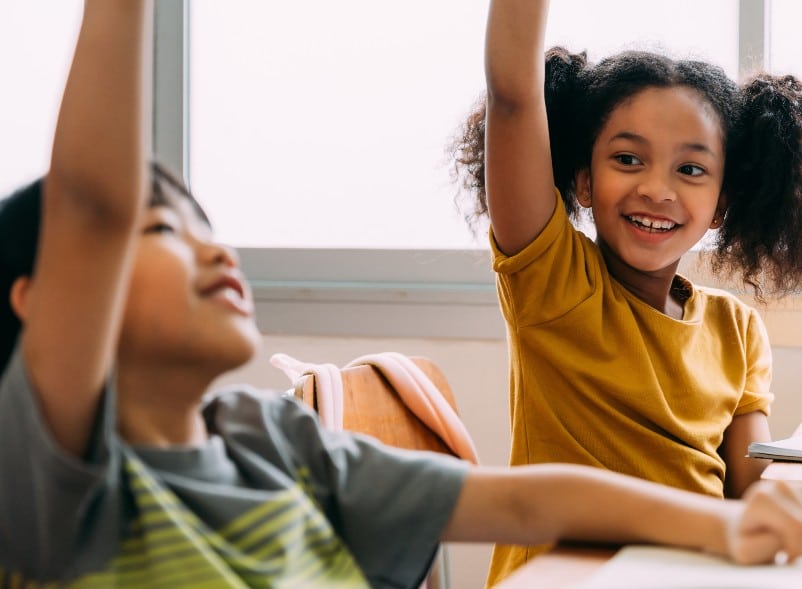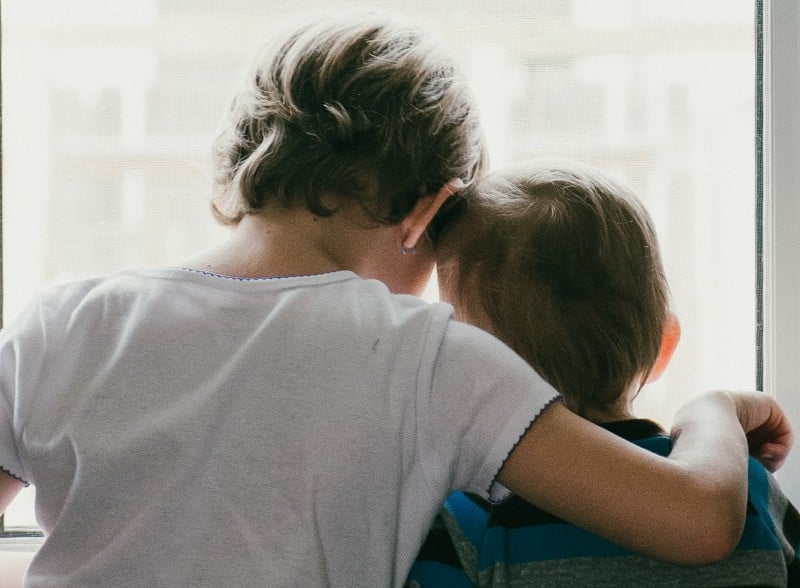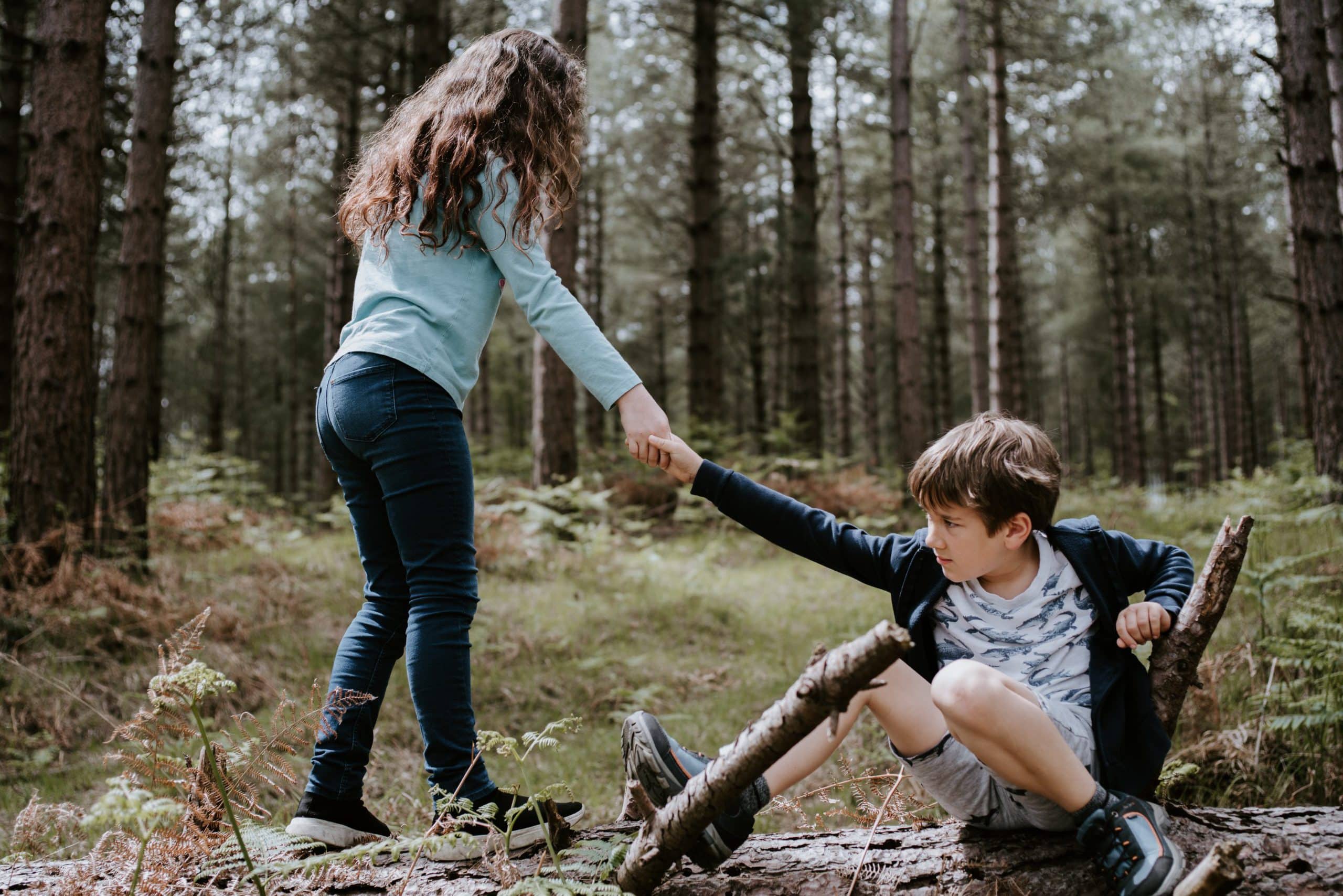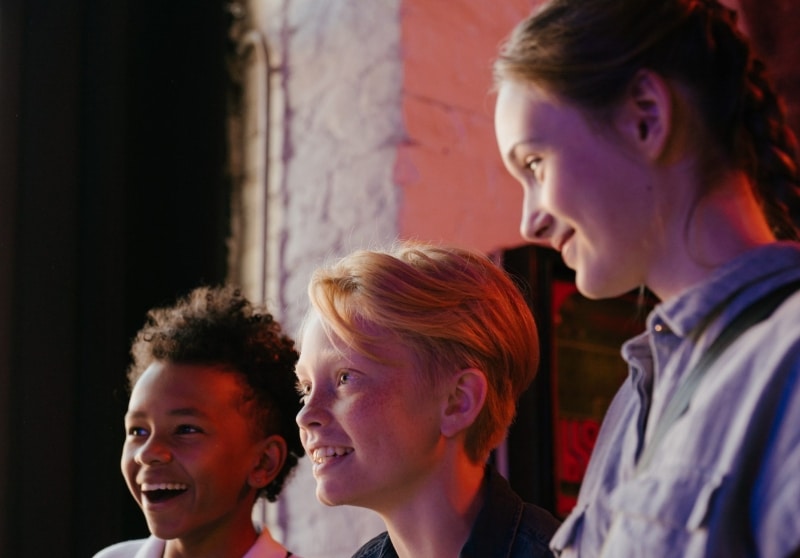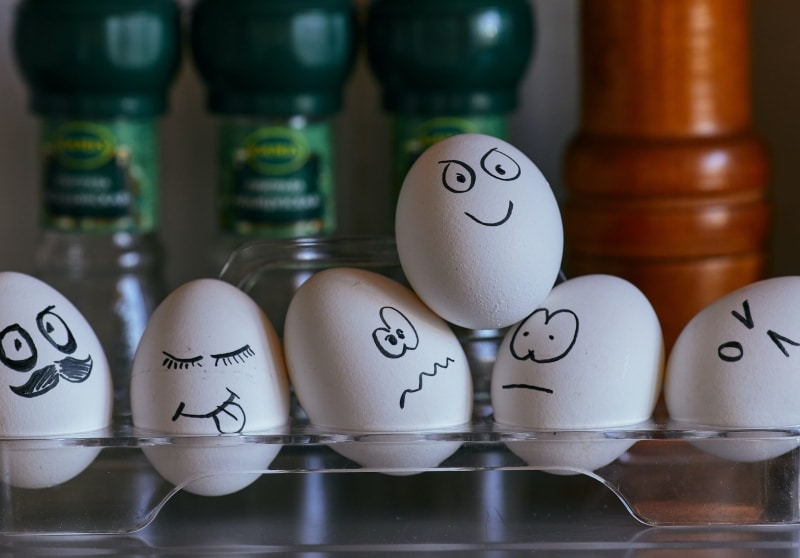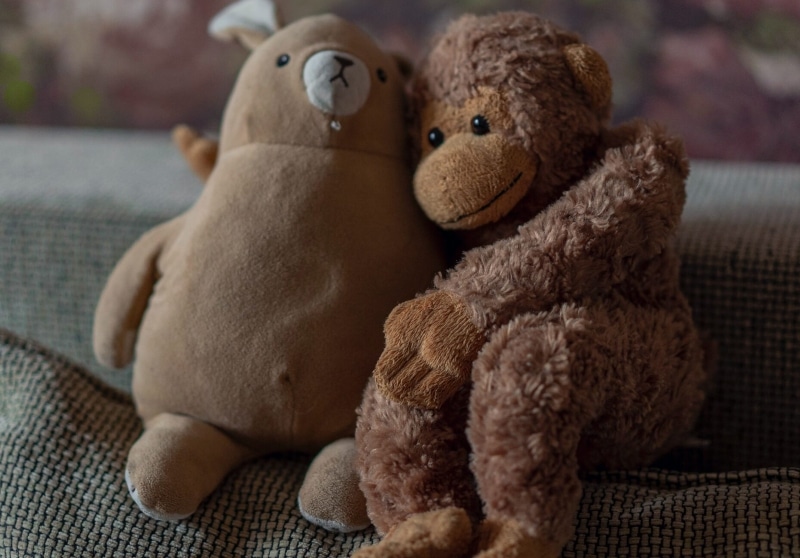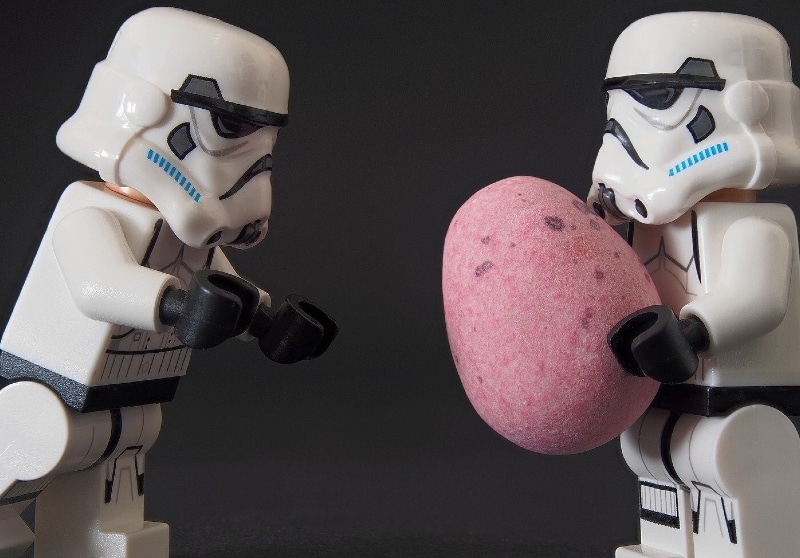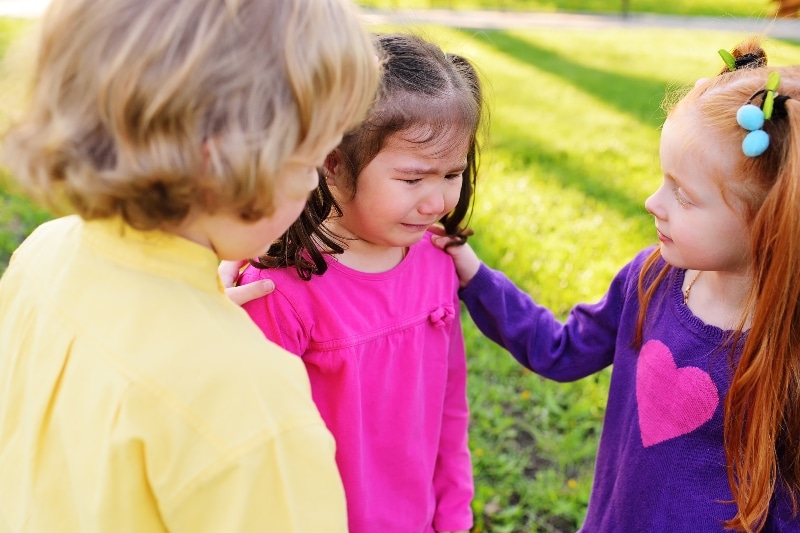
Treating Others Kindly (an Activity for Children Aged 12 and Under)
This game for children up to the age of 12 focuses on ‘relational bullying’, where young people are unkind to each other in various insidious ways, such as spreading rumours, eye rolling or exclusion. It nudges children to identify these unkind behaviours and then consider how they might make others feel. It also prompts them to think about their values around being kind to others and identify how friends should treat one another.



